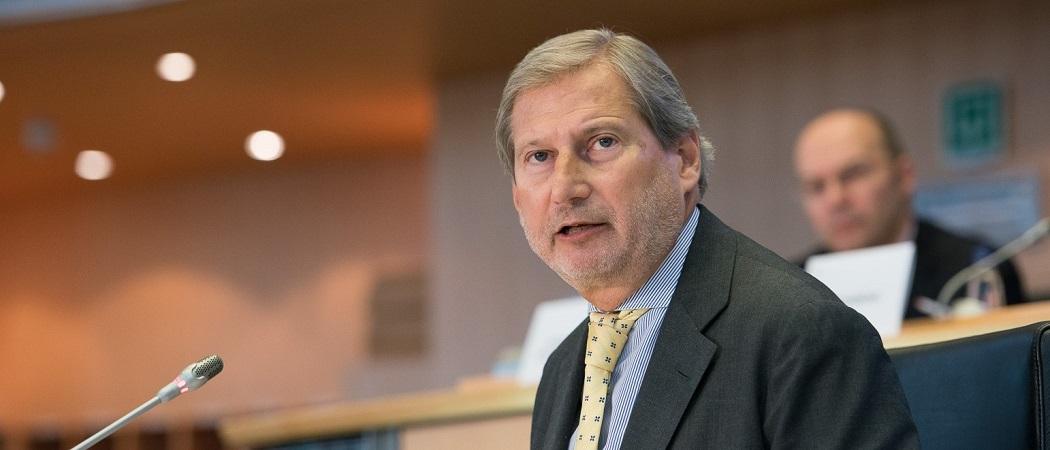The European Commission is optimistic about a political breakthrough during July summit as it moves forward with proposal to boost the 2021 R&D budget by 30%

EU budget commissioner Johannes Hahn. Photo: European Commission.
EU budget commissioner Johannes Hahn has dismissed doom and gloom budget scenarios, saying EU leaders could reach a political deal at their next summit on 17 July, meaning EU programmes set to begin in January 2021 will start as planned.
Speaking in the European Parliament’s budget committee on Wednesday, Hahn admitted that under normal circumstances, a deal on the EU’s 2021-2027 budget should have been reached by now, but suggested the contingency plan MEPs have been asking for will not be needed.
“It might be possible for the first time to get an agreement in one meeting,” Hahn told MEPs.
Presenting the commission’s proposal for 2021, the first year in the seven-year multiannual financial framework, Hahn reassured MEPs that programmes will not be delayed.
The 2021 budget proposal foresees a budget of €17.3 billion for Horizon Europe, which is 30 per cent more than the €13.5 billion 2020 budget for the last year of the current programme, Horizon 2020.
In 2021, the commission expects the R&D programme to focus on increasing support for health and climate-related research and innovation activities.
Around €5 billion of the 2021 budget for Horizon Europe would come from Next Generation EU, the commission’s proposed pandemic recovery fund.
The commission has also proposed €2.89 billion for its academic exchange programme Erasmus Plus, €1.34 billion for cyber-defence and the digitisation of the economy through the Digital Europe, and €1.19 billion for EU4Health, a new health programme aimed at preventing future health threats.
Another €10.13 billion is to be allocated to InvestEU, a public investment programme which would finance sustainable infrastructure projects, innovation and digitisation.
The commission has a legal obligation to present a proposal for the annual budget of the following year by 30 June of every year. But this time the proposal comes with a big question mark, as EU leaders have yet to agree on EU’s next seven year multiannual budget. MEPs will also have to give their stamp of approval.
“We are all of course a bit in the dark,” said Belgian MEP Jan van Overtveldt and chair of parliament’s budget committee.
To avoid any potential delays, parliament previously asked the commission to come up with a plan B to ensure that EU programmes are not disrupted if political negotiations between member states fail. “We want to know about a contingency plan,” said Pierre Larrouturou, parliament’s rapporteur for the 2021 budget.
But Hahn said the commission’s goal is to have all programmes up and running on 1 January. “It’s now up to the council and the parliament to deal with [the multiannual budget] and to find, hopefully very soon, a final solution,” Hahn said.





 A unique international forum for public research organisations and companies to connect their external engagement with strategic interests around their R&D system.
A unique international forum for public research organisations and companies to connect their external engagement with strategic interests around their R&D system.